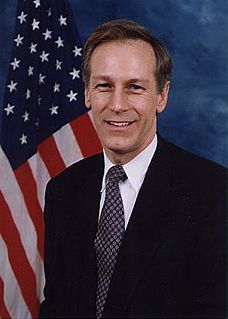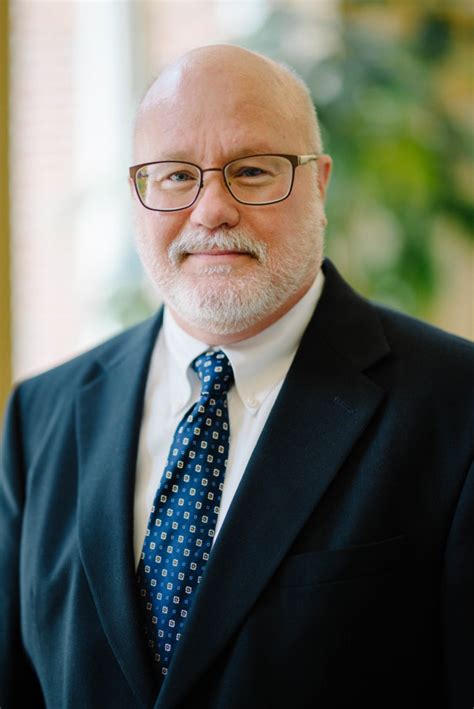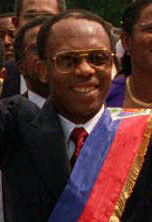A Quote by Mo Ibrahim
Mexico established a unique three-part governing system shared by the government, the information commission and civil society organisations.
Related Quotes
The Bush administration as well as Mexico and Canada have persons in the government in all three countries who want to a see a North American Union as well as a highway system that would bring goods into the west coast of Mexico and transport them up through Mexico into the United States and then in onto Canada.
Accountability is the essence of democracy. If people do not know what their government is doing, they cannot be truly self-governing. The national security state assumes the government secrets are too important to be shared, that only those in the know can see classified information, that only the president has all the facts, that we must simply trust that our rulers of acting in our interest.
Most writers in Mexico have had posts as ambassadors, secretaries - that is no longer the case. Now a writer can live off writing. He has an audience: there are publishing houses, there are newspapers - so the situation is not as terrible as it used to be when there were no means and he had to go into government service, be an ambassador or a cabinet minister, etc. So, things are changing in the sense that the civil society is now the protagonist. The writer therefore occupies a different position, but no less influential than in the past, in a new, democratic society.
We need more than individual value systems; we need a shared vision. A nation is held together by shared values, shared beliefs, shared attitudes. That is what enables a people to maintain a cohesive society despite the tensions of daily life. That is what enables them to rise above the conflicts that plague any society.
[T]here are, at bottom, basically two ways to order social affairs, Coercively, through the mechanisms of the state - what we can call political society. And voluntarily, through the private interaction of individuals and associations - what we can call civil society. ... In a civil society, you make the decision. In a political society, someone else does. ... Civil society is based on reason, eloquence, and persuasion, which is to say voluntarism. Political society, on the other hand, is based on force.
A famous, very often quoted phrase says: "That government is best, which governs least." I do not believe this to be a correct description of of the functions of a good government. Government ought to do all the things for which it is needed and for which it is established. Government ought to protect the individuals within the country against the violent and fraudulent attacks of gangsters, and it should defend the country against foreign enemies. These are the functions of government within a free system, within the system of the market economy.



































